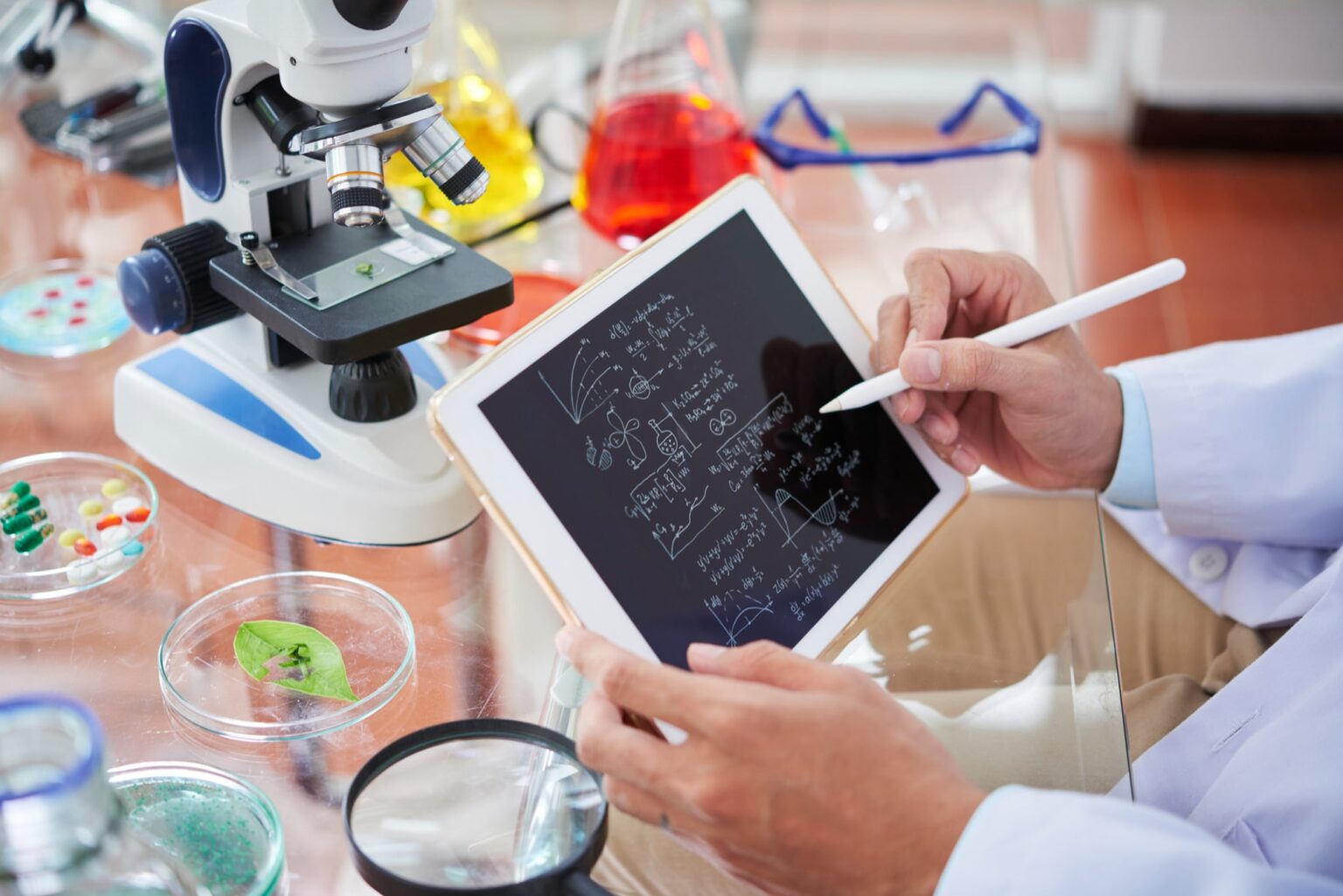Synthetic biology is an interdisciplinary field that combines biology, engineering, and computer science to design and construct new biological parts, devices, and systems, or to reengineer existing biological systems. It involves the application of engineering principles to biology, enabling the engineering of living organisms to perform specific functions for industrial and medical applications. Here’s how synthetic biology is being used in these domains:
Industrial Applications:
- Biofuel Production: Synthetic biology techniques are being employed to engineer microorganisms that can efficiently convert biomass into biofuels such as ethanol, butanol, and biodiesel. This could help reduce reliance on fossil fuels and mitigate the environmental impact of traditional fuel sources.
- Chemical Production: Synthetic biology allows the development of microbial factories capable of producing valuable chemicals, pharmaceuticals, and industrial enzymes. By engineering organisms to produce desired compounds, it offers a more sustainable and cost-effective alternative to traditional chemical synthesis.
- Agricultural Improvements: Synthetic biology techniques can be used to enhance crop traits such as yield, nutritional content, and tolerance to pests, diseases, and environmental conditions. Genetic modifications can help develop crops with improved drought resistance, disease resistance, and higher nutritional value.
- Environmental Remediation: Synthetic biology holds promise for cleaning up environmental pollutants. Engineered microorganisms can be designed to degrade toxins, pollutants, and other harmful substances, aiding in the remediation of contaminated soil and water.
Medical Applications:
- Drug Discovery: Synthetic biology facilitates the engineering of microorganisms or cell lines for the production of therapeutic molecules, including proteins, peptides, and small molecules. This can accelerate the discovery and production of new drugs, making the process more efficient and cost-effective.
- Biopharmaceutical Production: Synthetic biology techniques are used to design and optimize microbial hosts for the production of biopharmaceuticals, such as insulin, vaccines, and antibodies. This helps meet the increasing demand for these complex therapeutic molecules.
- Tissue Engineering: Synthetic biology plays a crucial role in tissue engineering by constructing living tissues and organs. Through the engineering of cells and biomaterials, scientists aim to create functional tissues that can be used for transplantation, regeneration, and drug testing.
- Disease Diagnosis and Treatment: Synthetic biology approaches like gene editing and gene therapy offer promising avenues for diagnosing and treating genetic diseases. By modifying or correcting disease-causing genes, synthetic biology can potentially provide targeted and personalized therapies.
- Biosensors and Diagnostics: Synthetic biology can be utilized to create biosensors that detect specific molecules or biomarkers related to diseases. These biosensors can enable early disease detection, monitor treatment responses, and facilitate point-of-care diagnostics.
Synthetic biology’s ability to engineer living organisms and construct biological systems has the potential to revolutionize various industries, including medicine. By designing and modifying biological components, synthetic biology opens up new possibilities for developing sustainable solutions, producing valuable compounds, and addressing critical medical challenges.



